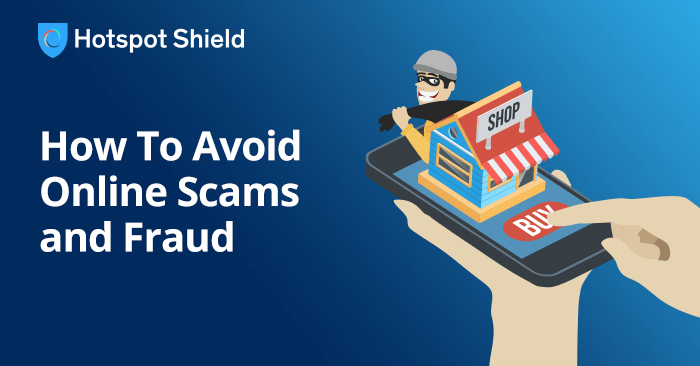How to get a Finnish IP address
The easiest way to improve your digital privacy is to switch your IP address using a VPN. We’ll …

Online scams have been on the rise over the past two years. In 2017, it was reported that consumers lost nearly $16 billion to internet fraud. This is a serious problem that experts say is only going to get worse for 2018 and beyond.
It’s important that you know how to determine whether something you receive online is legitimate or not in order to prevent internet fraud. Here are some ways to spot an online scam.
There’s an old adage that goes “If it sounds too good to be true, it probably is.”, and it applies to online scams. The way it goes is you’ll get an email or a message saying that you’re entitled to receive a huge amount of cash, and you can only claim it by providing your personal information. It’s just a ruse designed to trick you into divulging sensitive information.
Everyone loves winning prizes, and fraudsters take advantage of this fact by baiting people in. They’ll pose as representatives of a company and they’ll inform you that you just won the grand prize in their contest or raffle draw, even though you don’t remember signing up for any. They’ll tell you that before you are allowed to claim your prize, you must do something first. Usually, you’ll be asked to either send them money or provide your personal information.
Don’t fall for it. Legitimate contests do not ask for money in return for prizes and they don’t ask for sensitive information under any circumstances.
A lot of people don’t react rationally in the face of fear, and scammers use this in their ploys. They’ll induce panic in you by sending you an urgent email or message. Scammers will pretend to be from your bank, and send you an authentic-looking message saying that your account is compromised and that you need to reply with your personal information to verify your identity or risk immediate account closure.
That’s your red flag right there. Banks don’t close accounts outright when there’s fraud, and they certainly don’t let you know by email. In the event of a real compromise, banks will call you and inform you that you need to appear in one of their branches so that you can be verified in person.
In some cases, instead of being required to provide sensitive information, you’ll be to click on a link or download certain software. When you click on the link or proceed with the download, your system is injected with software designed to collect your information and feed it back to the scammers. This kind of malware is hard to detect and even hard to get rid of. The only way you can avoid it is by not opening emails that look suspicious. If you don’t recognize who or what company it’s from, it’s best to just not open it and delete it permanently.
Looking for a free and high-quality tool that offers total online security? Then look no further than Hotspot Shield, a Virtual Private Network (VPN) software that gives you complete privacy and anonymity by encrypting your data traffic. With Hotspot Shield, scammers won’t be able to detect your online presence, so they won’t be able to pull you into their schemes.
Protect yourself from scams and fraud. Visit our website to download Hotspot Shield today. It’s available for free on Windows, Mac OS, Android, and iOS. For more cybersecurity advice, feel free to check out our blog.
